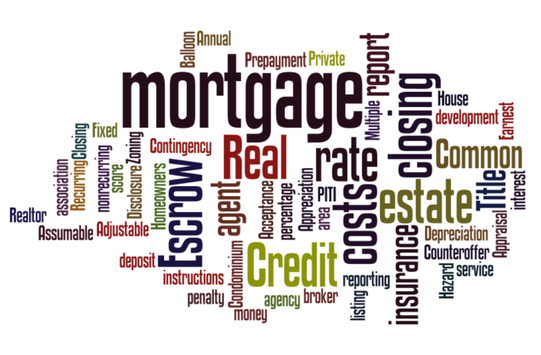The top real estate Terms and definitions that every property investor should know in 202027/6/2020 To someone starting in the real estate investment sector, the terms associated with it can sound like jargon. They might seem like an unlikely combination of letters to people not used to such investing terms. Starting out in the real estate sector is extremely intimidating, and it can be even more difficult if you don’t understand the complex-sounding terminology that people throw around. However, do not worry, because terminologies and acronyms are not too complicated, and can be understood with ease. Therefore, to help real-estate beginners and property investors out, here’s a look at some of the top real estate terms and definitions you need to be aware of. Terms Used in the Decision Process
Terms Used While Negotiating A Deal
Terms Used in the Purchase Process
 Other general Real Estate terms we should know
Property or real estate investment might be capital intensive, but when done right, it can do wonders for your financial position. The first step towards making the right investment decisions is to understand the market. Using this guide, you will be able to understand the key metrics and terms related to real estate investing. Being able to navigate the market with confidence, will help you make the right decisions and score big. We at PropertyAngel can help you along the way with any query or doubt that you may have. In case you need any help with anything related to real estate in India, reach out to us at PropertyAngel. Authored by: Dhivya Naresh
2 Comments
21/3/2022 03:03:52 am
There are more but yes, these are the top terms. Thanks for the blog!
Reply
Hello friends.
Reply
Leave a Reply. |
Archives
July 2024
Categories |


 RSS Feed
RSS Feed